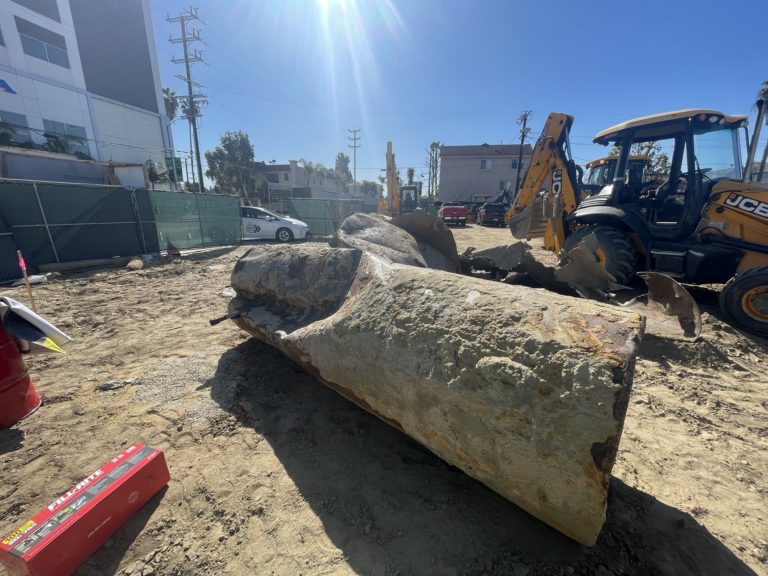Diagenesis
Diagenesis: In geology, diagenesis refers to the physical and chemical changes of a sedimentary formation when compaction and lithification occur over time.
Diagenesis: In geology, diagenesis refers to the physical and chemical changes of a sedimentary formation when compaction and lithification occur over time.

Underground Storage Tank (UST) Underground Storage Tank (UST): An underground storage tank (UST) is a confined container occupying any volume of space within the subsurface, for the purposes of storing liquid. Underground tanks typically support commercial and residential services and have filling ports, ventilation pipes, and connecting product pipelines. Underground storage tanks (USTs) come in different…

Permeability “Permeability” in engineering geology and geotechnical engineering refers to the property of a soil sample (or porous rock) which relates to transmitting a fluid within. Permeability measures the relative case of flow under unequal pressure. Permeability is calculated using Darcy’s Law.

Perched Groundwater Perched Groundwater – In geology, “perched groundwater” refers to unconfined groundwater which separates from an underlying body of groundwater by an unsaturated zone or vadose zone.

Contact Metamorphism Contact Metamorphism – Metamorphism is associated with the intrusion of an igneous mass. Metamorphic changes are caused principally by heat, but also by magma composition and deformation related to the intrusion. Pressures are relatively low (<3000 bars) while temperatures range from 200°C to 1000°C.

Juvenile Water Juvenile Water: In geology, juvenile water is water derived directly from magma, introduced into the Earth’s surface through geological processes such as magmatic and volcanic activity. Since juvenile water is derived from Earth’s center, its characteristics, are associated with higher temperatures and pressures.

Dip-Slip Fault Dip-Slip Fault: In geology, a dip-slip fault is any fault in which the earth’s movement is parallel with the dip of the fault plane. For example, a normal fault, reverse fault, or listric fault. The opposite of a dip-slip fault is a strike-slip fault.